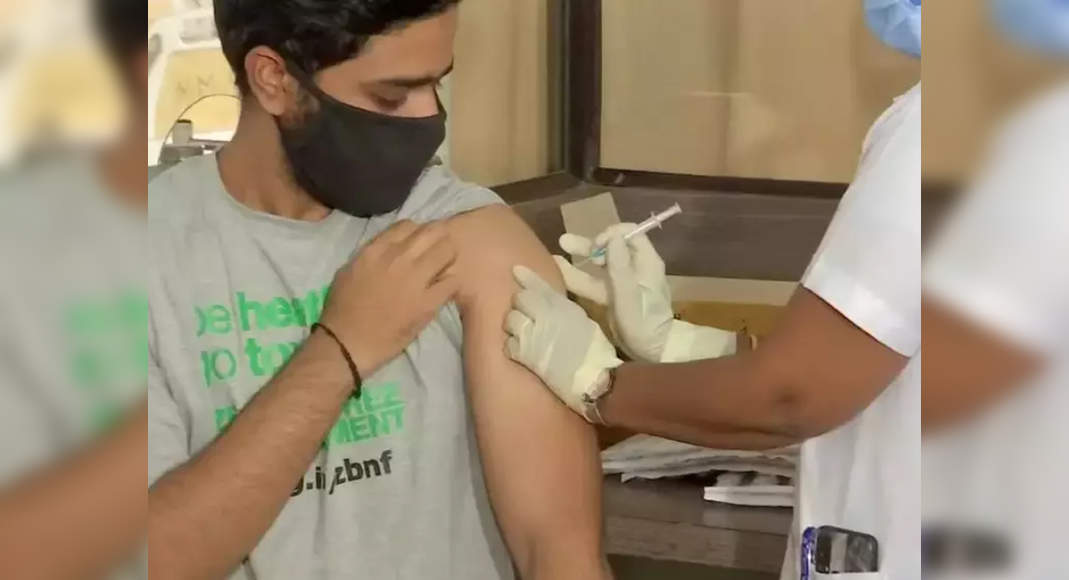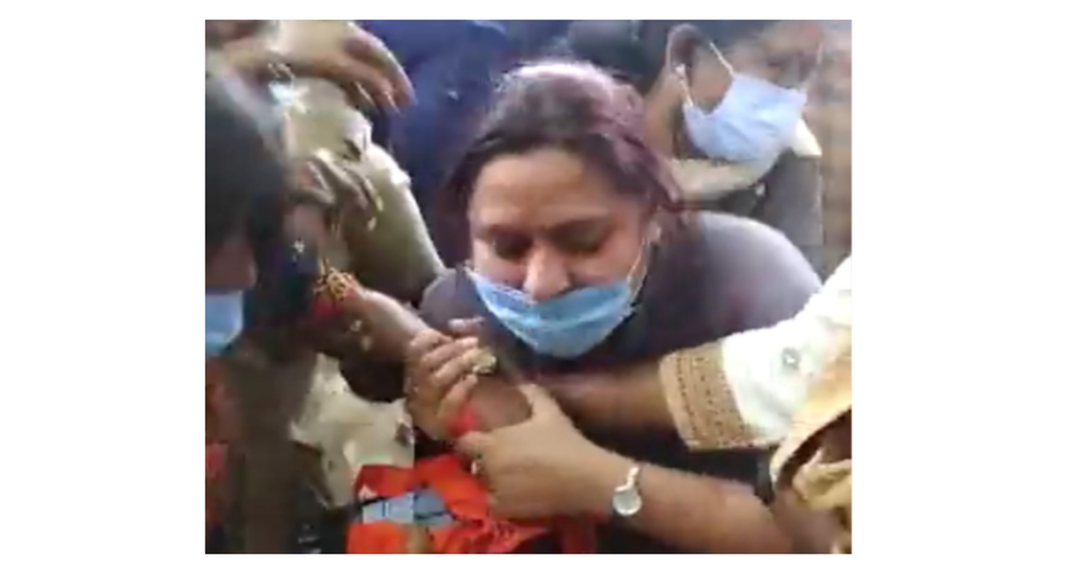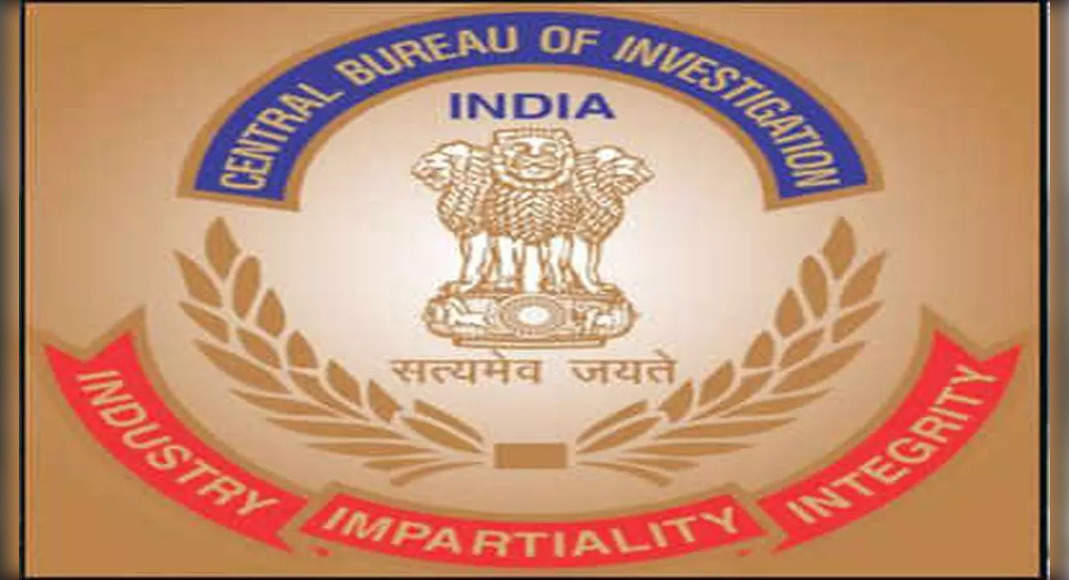CHENNAI: At the present speed of vaccination, Tamil Nadu will take at least three years to complete vaccinating its adult population.
Tamil Nadu has 5.8 crore adults, who will require 11.6 doses of the vaccine (two doses each).
Between June 1 and June 9, the state has vaccinated an average of 92,000 people a day.
This means, if vaccine supplies do not improve, the state will take 1,149 days to vaccinate people above 18 years.
The number of people vaccinated is proportional to the number of vaccines available, said Dr K Vinay Kumar, joint director (immunisation).
“We have vaccinated more than 3 lakh people in a day.
This week we vaccinated 2.8 lakh people.
But when supplies dwindled, it came down to just 12,000,” he said.
Almost 96% of the vaccines supplied have been used in the state.
Until June 9, 18% of target doses were administered to people above 45 years and 2.38% of people in 18-44 years of age.
Senior virologist Dr Jacob John from Vellore said ‘hyper-immunising’ people with available vaccines can result in very high immunity (both antibody and T-cell immunity).
“That will enlarge the umbrella of protection against the current variants and even new variants.
It is the best tool we have now to prevent subsequent waves,” he said.
The percentage of people fully covered with the vaccine varied in different districts.
For instance, nearly 45% of people above 45 years in Chennai and 48% in Nilgiris have taken the vaccine.
In health units such as Cheyyar and Tiruvannamalai it’s 8%.
A combination of factors including hesitancy and availability played a role in the rate of vaccination, say health officials.
What has worried experts is not just low levels of vaccinations, but also health department interpretation of existing data.
Over the last ten days, the state has been adding the 32% of people who tested positive for antibodies in phase 1 of the sero survey with 17% of vaccination coverage to show that 49% have protection against the virus.
But experts say this could lead to gross underestimation of people who are still susceptible to the infection.
“Seropositivity rates and vaccination rates cannot be added because some seropositive individuals would have been vaccinated.
Even with high levels of seropositivity and vaccination, we still have a large population that is unprotected.
Increase in vaccine coverage will reduce the number of unprotected people over time,” said microbiologist Dr Gagandeep Kang.
WHO chief scientist Dr Soumya Swaminathan agreed.
“To add vaccinations with seropositivity, we need to confirm the hypothesis that the Delta variant of Covid-9 can re-infect people,” she said.
“







